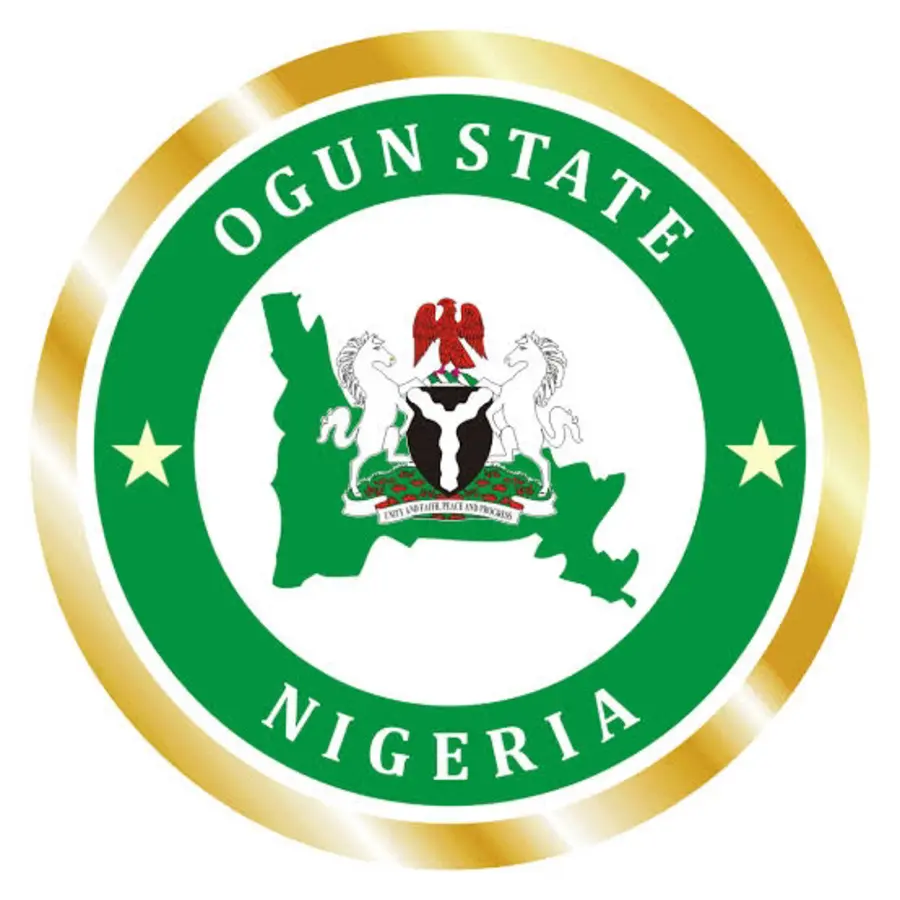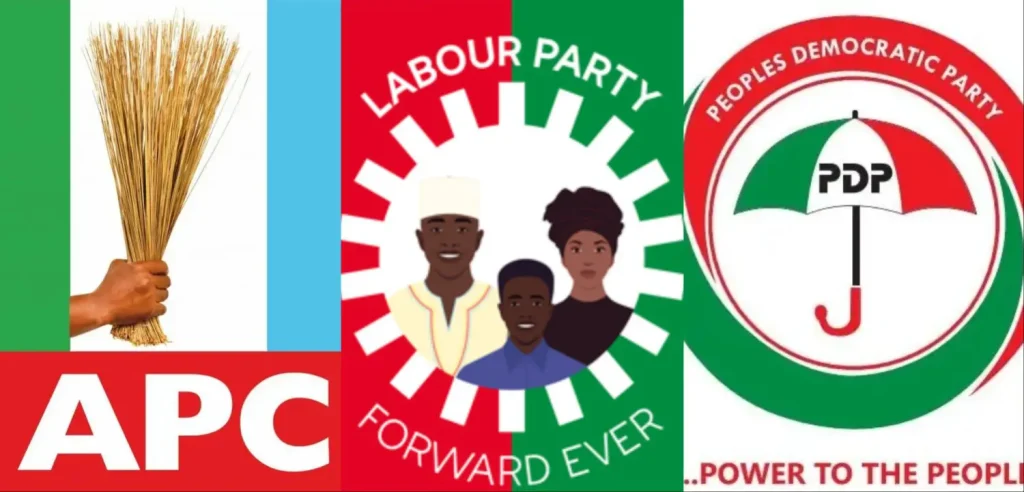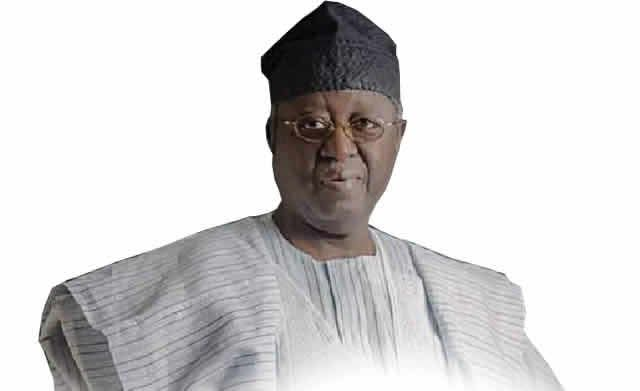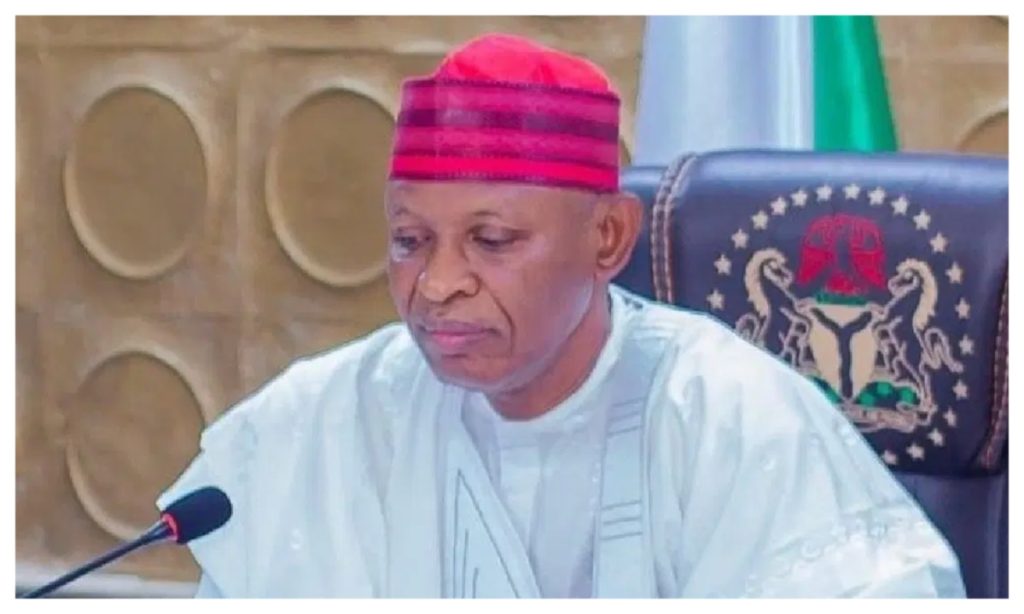In a recent address to All Progressives Congress (APC) supporters in Kano, the National Chairman, Abdullahi Ganduje, extended a unique invitation to Rabiu Kwankwaso, the potential 2023 presidential candidate of the New Nigeria People’s Party (NNPP). Ganduje expressed his willingness to embrace Kwankwaso as a “grandfather” if he decided to join the ruling party.
During his speech, Ganduje emphasized the hierarchical nature of party membership, stating, “If you are an APC membership card holder, you are a subordinate and follower of the national leader. If you defect to APC today, you are our subordinate and follower.” He illustrated this point with a metaphor, likening the party to a household where all members, including newcomers, are under the care of the head of the house.
Ganduje appealed to members of the NNPP, using a striking analogy: “We are calling on the NNPP to pack those perishable fruits where they will be preserved in a fridge so that they will not ‘get spoiled’ or rotten.” This colorful language underscores his eagerness to welcome new entrants into the APC fold.
Furthermore, Ganduje, known for his charismatic approach, drew attention to his influence both nationally and within his home state, asserting, “36 states and Abuja wherever I go I am the King, I am the Sheikh, I am Modibbo, I am Alanguburo. So, the same thing here at home.” These bold statements reflect his strong leadership style and confidence.
The reference made to Kwankwaso being addressed as “Jagora” by members of Kwankwasiyya, a political movement in Kano, adds depth to the dynamic between the two politicians and provides context for their potential reconciliation.
The article concludes with a mention of alleged efforts by President Bola Tinubu to reconcile Ganduje and Kwankwaso, possibly in preparation for the 2027 presidential election. This insight into high-level political maneuvers injects a sense of intrigue and foreshadows future developments within the Nigerian political landscape.
Ganduje’s compelling offer to Kwankwaso and the underlying power play within the APC reverberate within Nigeria’s political sphere, setting the stage for potentially transformative shifts in the country’s leadership dynamics.



